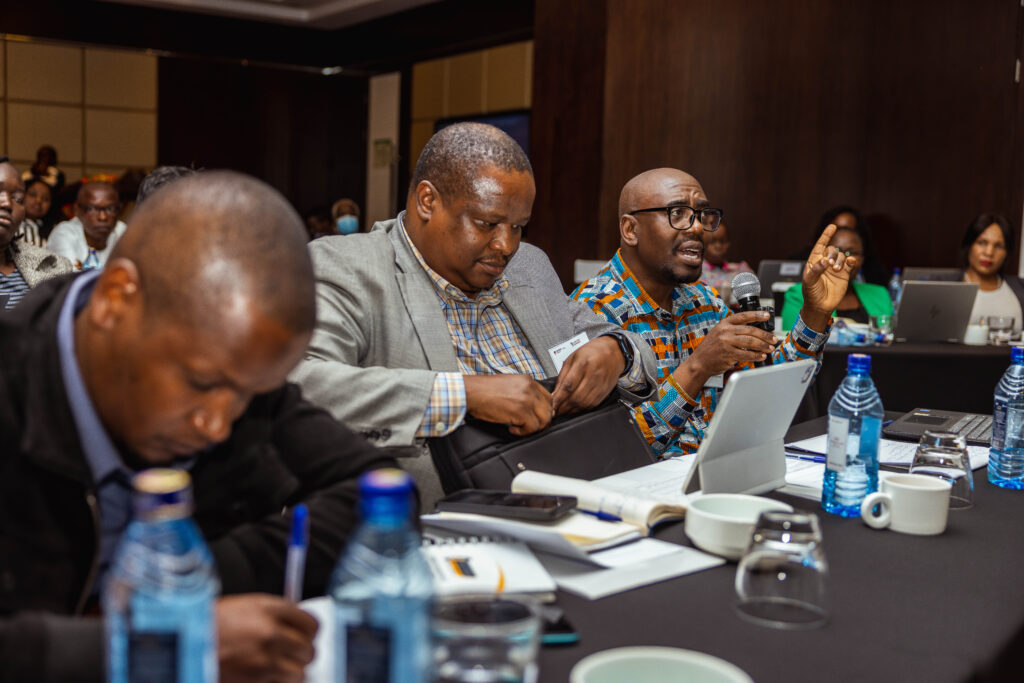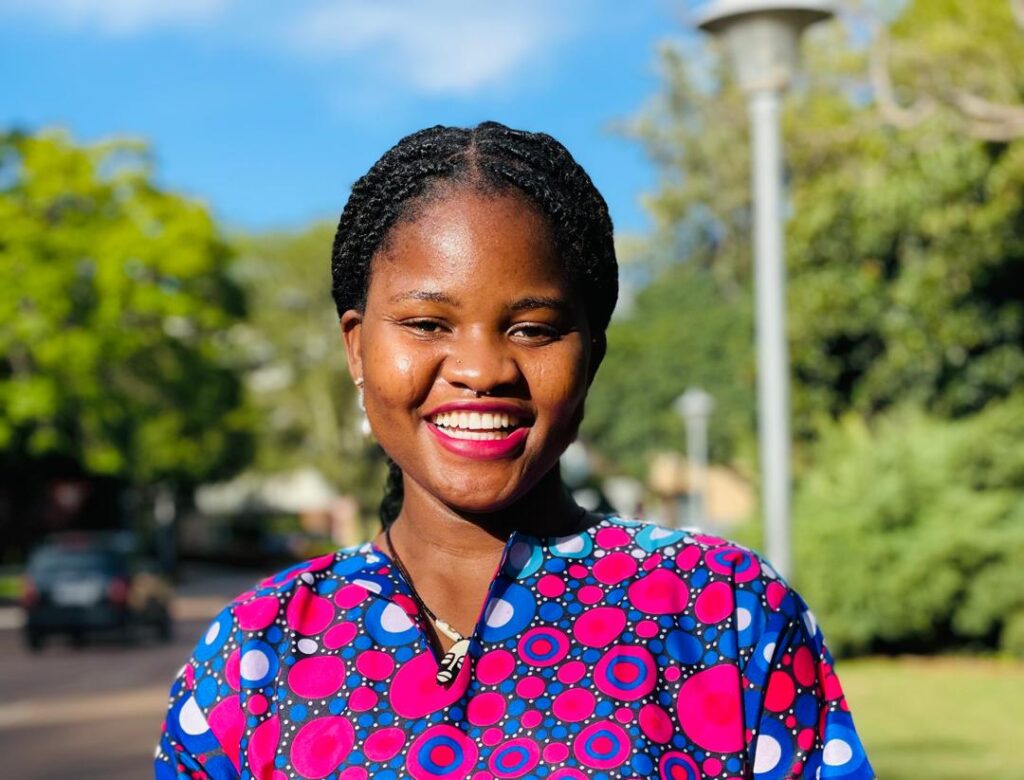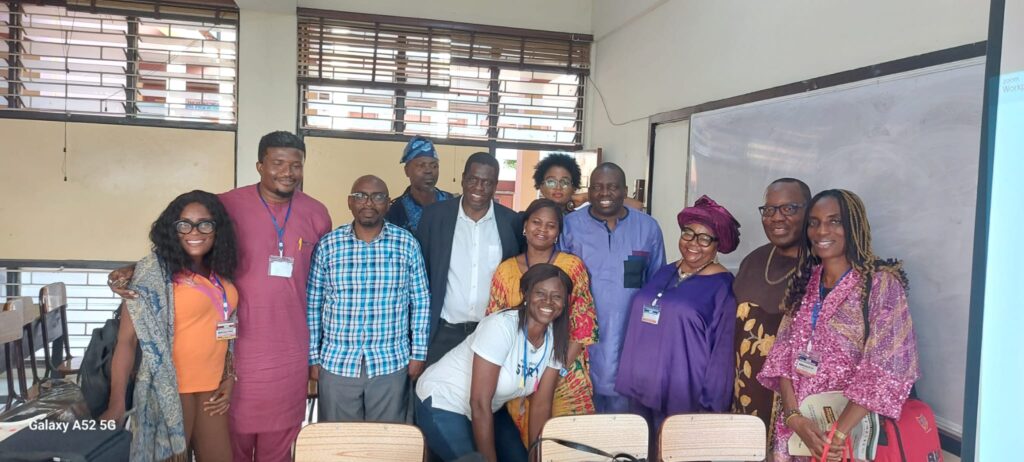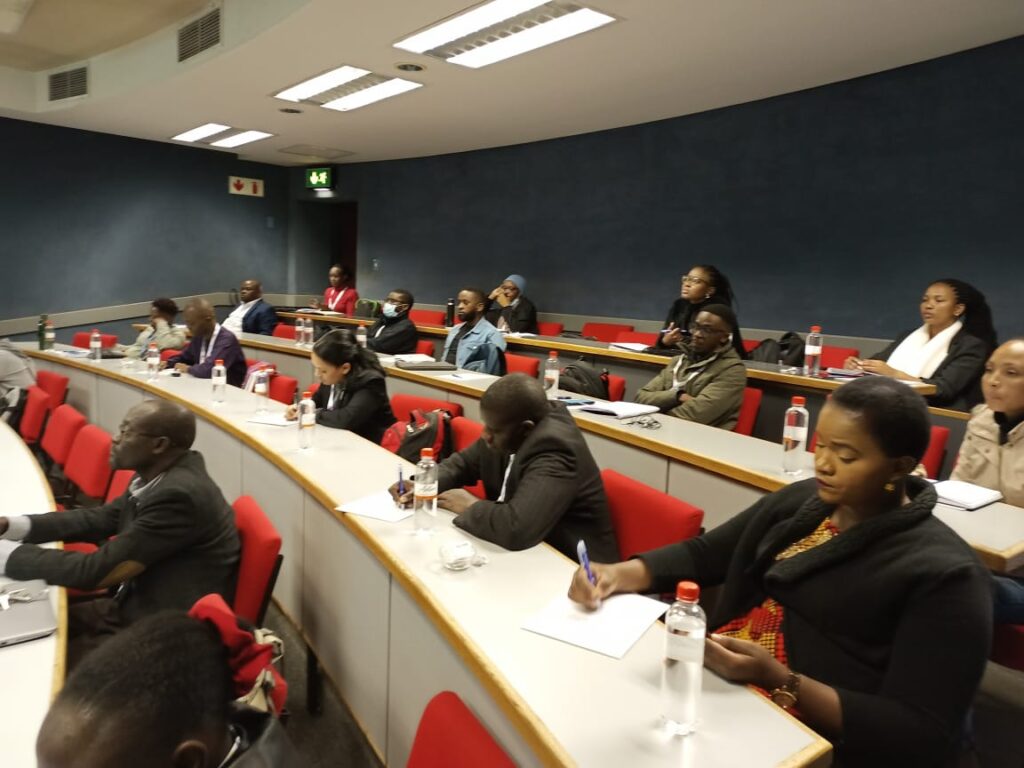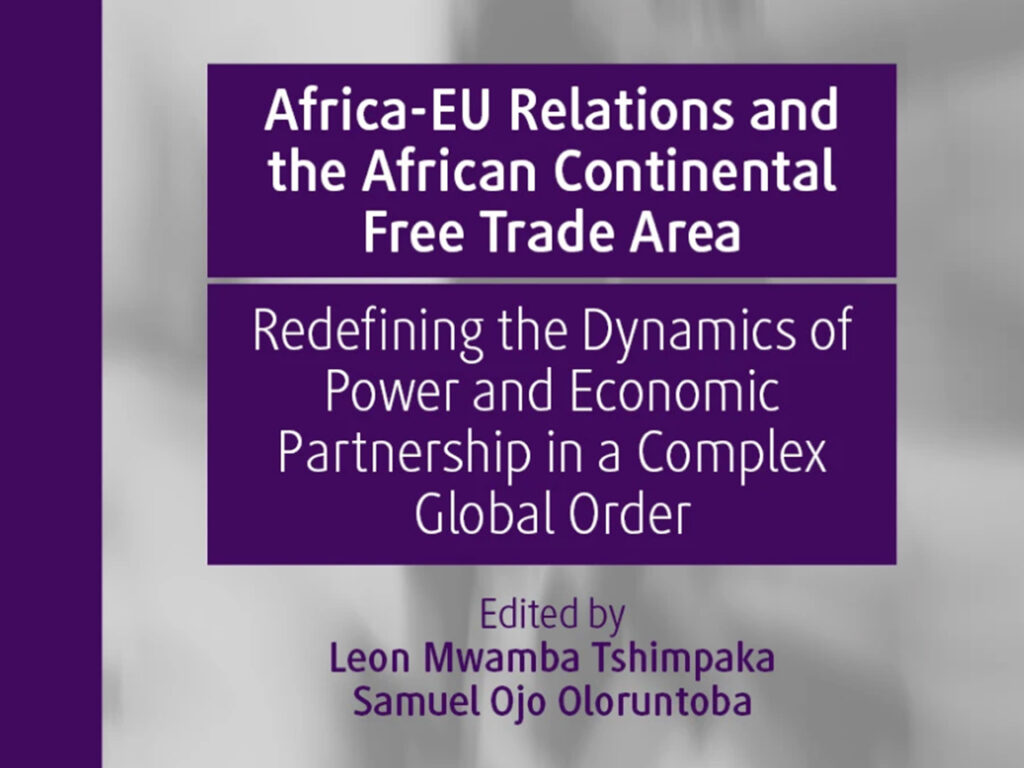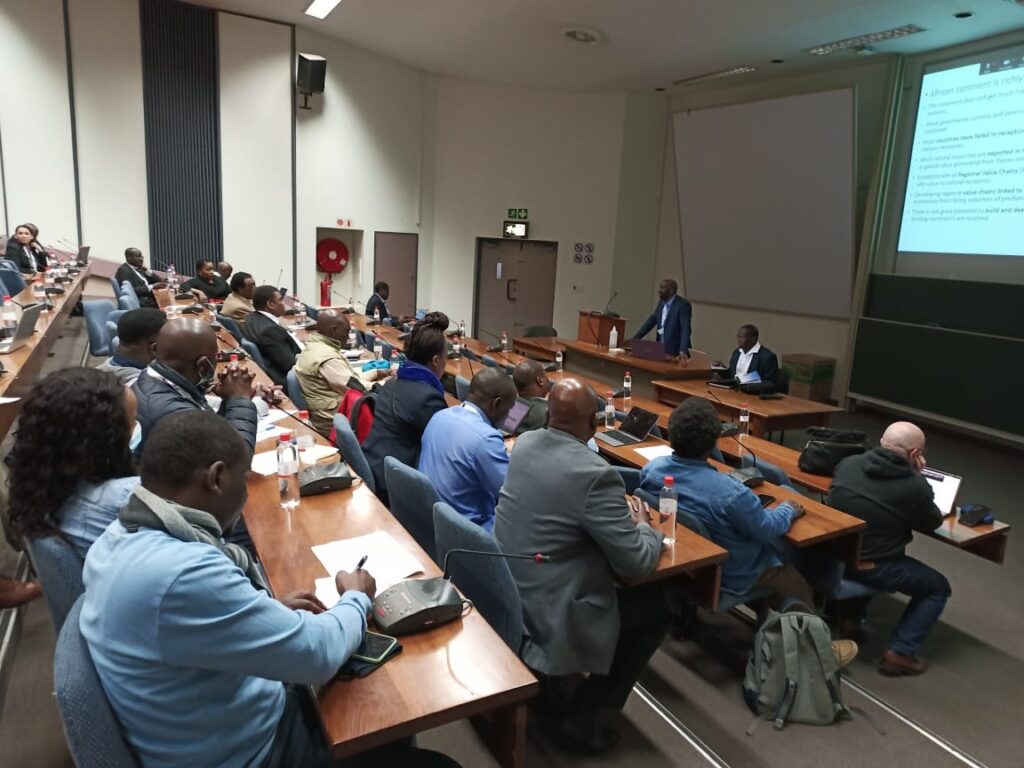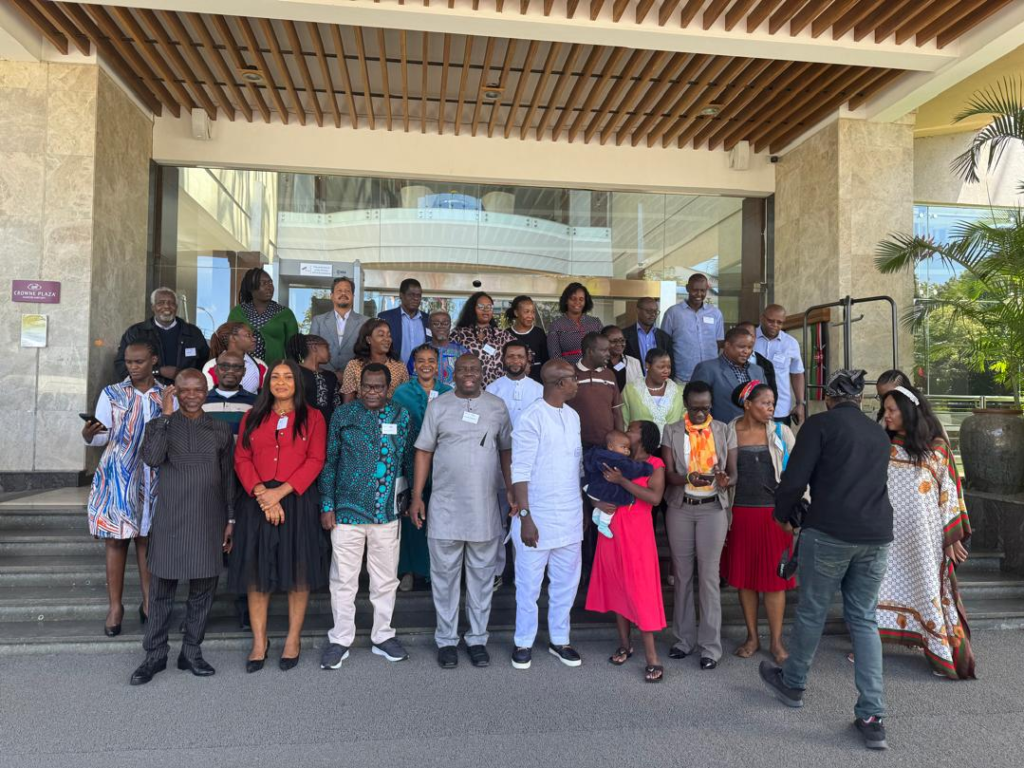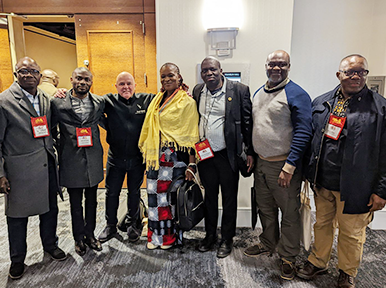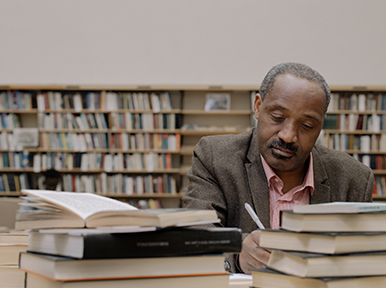How to enhance agency and entrepreneurial skillsets among the Batwa of Uganda
How to enhance agency and entrepreneurial skillsets among the Batwa of Uganda By Judith Irene Nagasha The Batwa, an indigenous people of Uganda, are among the most marginalized communities not just in the country, but in the whole world. Nestled in the impenetrable forests of Bwindi and Mgahinga in southwestern Uganda, the Batwa have historically lived as hunter-gatherers, often relying on the rich natural resources of their ancestral lands. However, their displacement from these lands in the 1990s, when the Ugandan government gazette their traditional forests as national park, marked the beginning of a long struggle for survival, identity and empowerment. Today, the Batwa community grapples with severe socio-economic challenges, ranging from limited access to education and healthcare to extreme poverty and social exclusion. Despite these hardships, Batwa women, in particular, exhibit remarkable resilience and possess an entrepreneurial spirit that, if properly harnessed, could transform their lives and uplift their communities. Following a study we have conducted titled: “Women’s Agency and entrepreneurial skill empowerment among the Batwa Indigenous community of Uganda,” this blog post explores the significance of women’s agency and entrepreneurial skill empowerment among the Batwa, highlighting the challenges the face and the opportunities that lie ahead. We are convinced that our findings can help augment and support Batwa women in improving their entrepreneurial skill sets. The Resilient Spirit of Batwa Women In the Batwa culture, women are the custodians of wealth of traditional/indigenous knowledge and skills. These have been passed down through generations. From crafting intricate beadwork and pottery to harvesting and utilizing medicinal plants, our study finds that these women have a deep connection to their environment and a unique understanding of local resources. This knowledge, coupled with their resilience and adaptability, forms the foundation of their entrepreneurial potential. However, the transition from a forest-dwelling lifestyle to a one that requires integration into a modern economy has not been easy for the Batwa. Over the years, they have been displaced from their ancestral lands. And this means they have struggled to find alternative livelihoods in an unfamiliar socio-economic landscape. Despite these challenges, Batwa women continue to innovate and create, drawing on their cultural heritage to produce goods that are not only unique, but also culturally significant. Challenges to Entrepreneurship The entrepreneurial journey of Batwa women is fraught with numerous obstacles. Key among these is the lack of access to financial resources. Traditional financial institutions often view the Batwa as high-risk clients due to their marginalized status and lack of collateral. As a result, Batwa women have limited opportunities to access credit, making it difficult to start or expand their businesses. Gender-based discrimination and inequality further exacerbate the challenges faced by Batwa women. In many indigenous communities, including the Batwa, patriarchal norms often restrict women’s participation in economic activities and decision- making processes.This marginalization is compounded by low levels of formal education and training, which limit their ability to engage in more lucrative entrepreneurial ventures. Additionally, our study has found out that Batwa women face significant barriers in accessing markets and networks. The remote locations of their communities and the lack of infrastructure, such as roads and communication systems, make it difficult for them to reach potential buyers or suppliers. This isolation limited their market reach and reduces their opportunities for growth. Balancing entrepreneurial activities with household responsibilities is another major challenge we found out from our study. Batwa women are often the primary caregivers in their families, responsible for tasks such as child-bearing, cooking, and fetching water. These duties leave them with time and energy to dedicate to their businesses, hindering their ability to scale up and succeed. How Women’s Agency can empower the Batwa Women’s agency, or the capacity to make decisions and act upon them, is a crucial factor in their empowerment. For Batwa women, strengthening their agency involves increasing their control over resources, enhancing their decision-making power, and improving their ability to negotiate better outcomes for themselves and their families. For instance, community-based organizations and NGOs working with the Batwa have recognized the importance of women’s agency in driving entrepreneurial success. These organisations have implemented various initiatives aimed at empowering Batwa women, including literacy and vocational training programmes, microfinance schemes, and leadership development workshops. One notable example is the Support for Women in Agriculture and Environment (SWAGEN), which has launched initiatives to support Batwa women in producing and marketing clay cooking stoves. These stoves are not only environmentally sustainable but also commercially viable, providing women with a source of income while promoting the conservation of local resources. Another organization, the United Organization of Batwa Development in Uganda (UOBDU), has focused on enhancing the advocacy skills of Batwa women through paralegal training. This training equips them with the knowledge and tools to navigate legal systems, secure land rights, and advocate for their community’s needs. By empowering women to stand up for their rights, UOBDU is helping to strengthen their agency and improve their socio-economic status. Opportunities for Entrepreneurial Growth Despite the challenges, there are significant opportunities for Batwa women to grow their entrepreneurial ventures. The increasing global demand for sustainable and ethically sources products present a promising market for the unique goods created by Batwa women. Their products, which are deeply rooted in their cultural heritage, resonate with consumers who value authenticity and sustainability. Digital platforms and e-commerce also offer new avenues for Batwa women to reach a wider audience. By leveraging technology, they can overcome the geographical limitations that have traditionally restricted their market access. Training in digital literacy and e-commerce can enable them to sell their products online, connect with global buyers, and expand their businesses beyond their local communities. Moreover, the growing recognition of the value of traditional knowledge and products provides Batwa women with an opportunity to capitalize on their cultural assets. Collaborations with cultural institutions, museums, and tourism organizations can help promote their crafts and attract customers interested in indigenous art and culture. Is a Gender-Responsive Approach to Empowerment possible? To fully realize the entrepreneurial potentials of Batwa women,
How to enhance agency and entrepreneurial skillsets among the Batwa of Uganda Read More »

